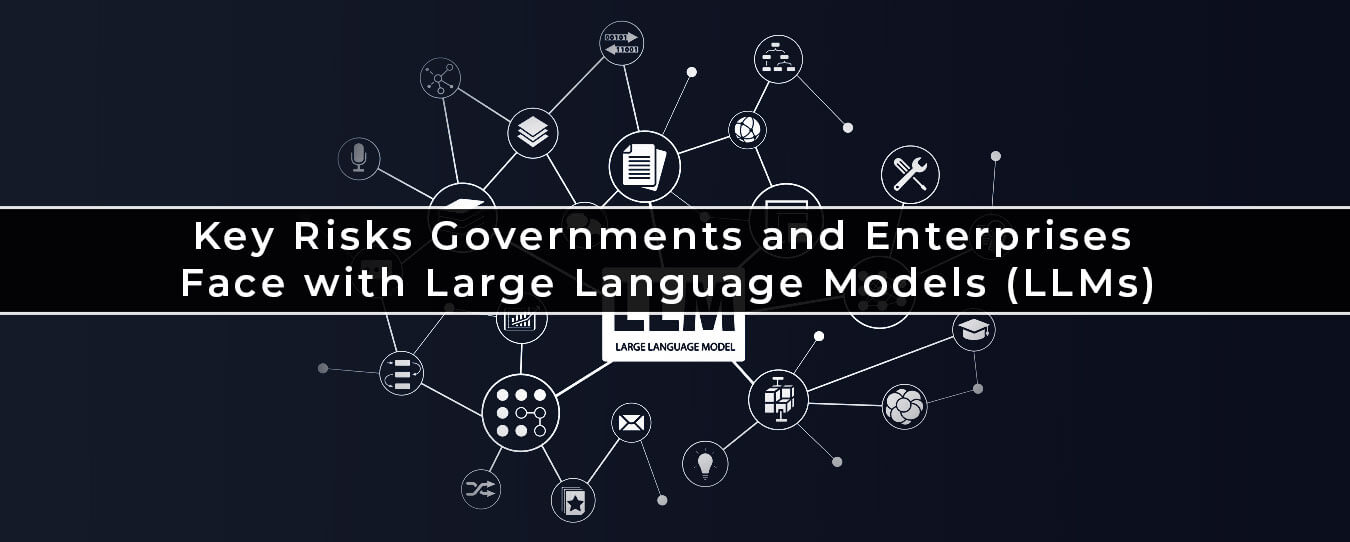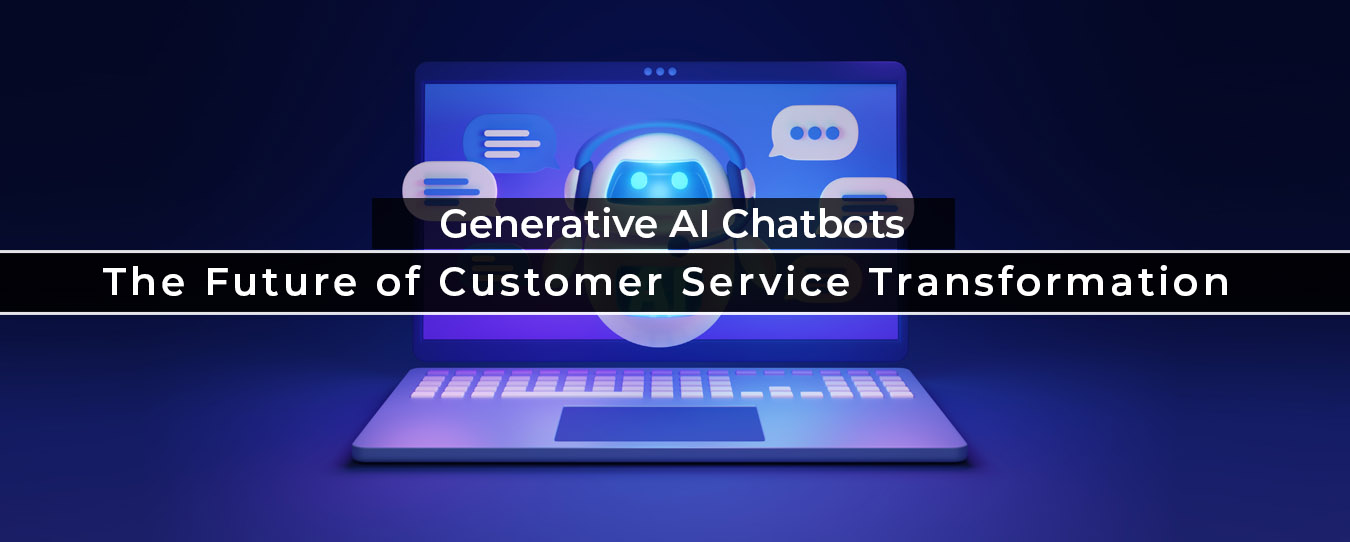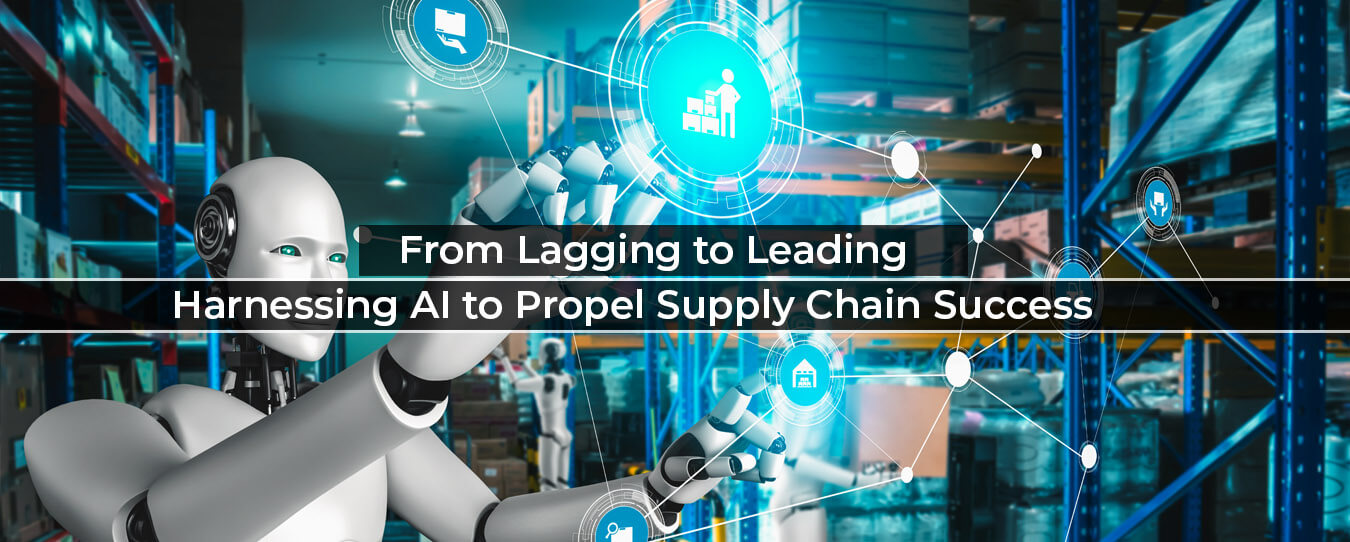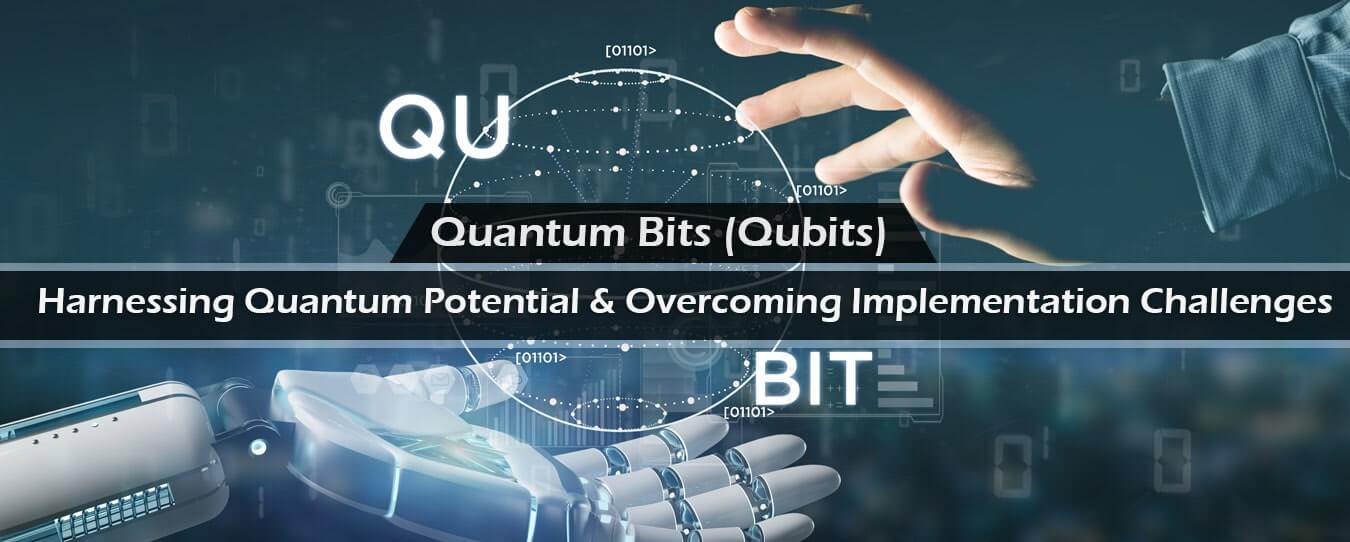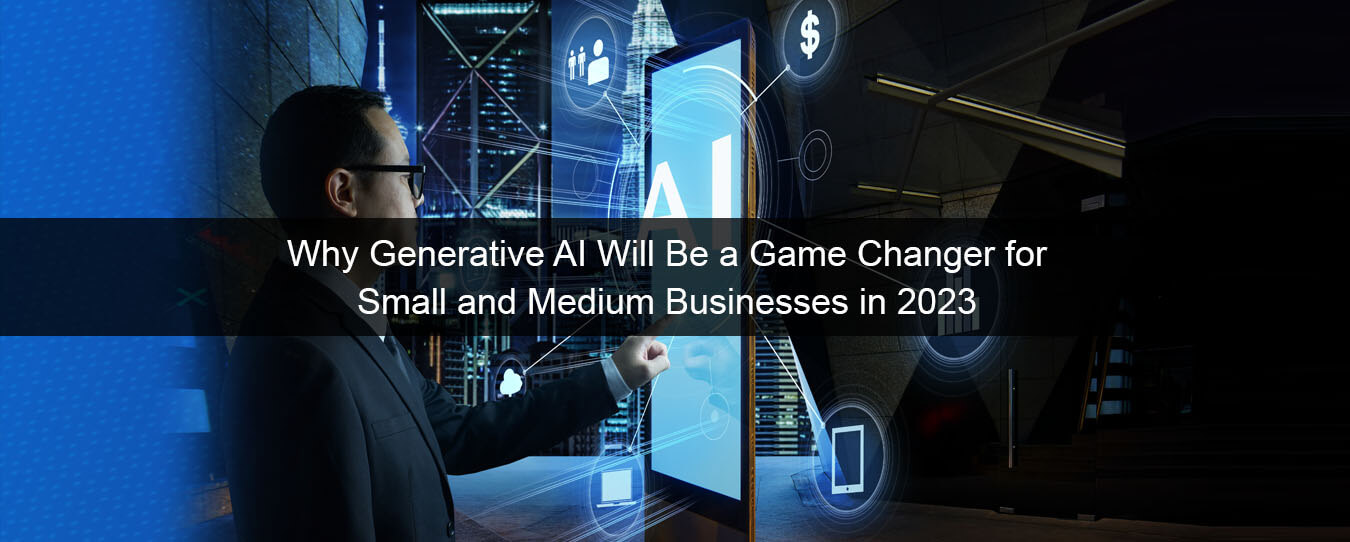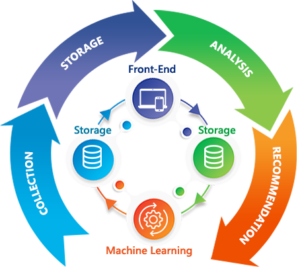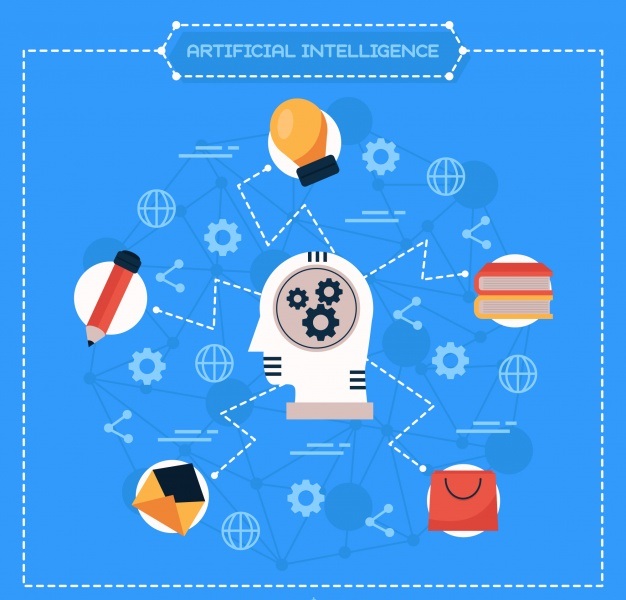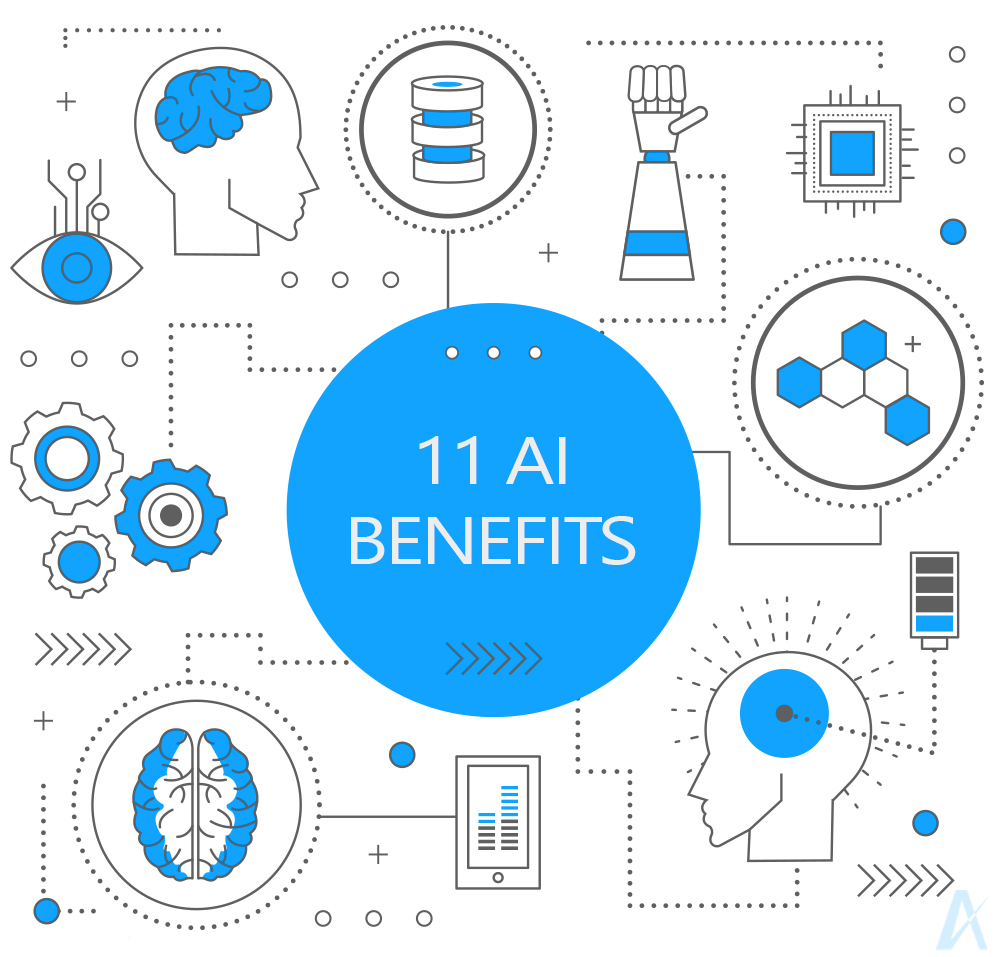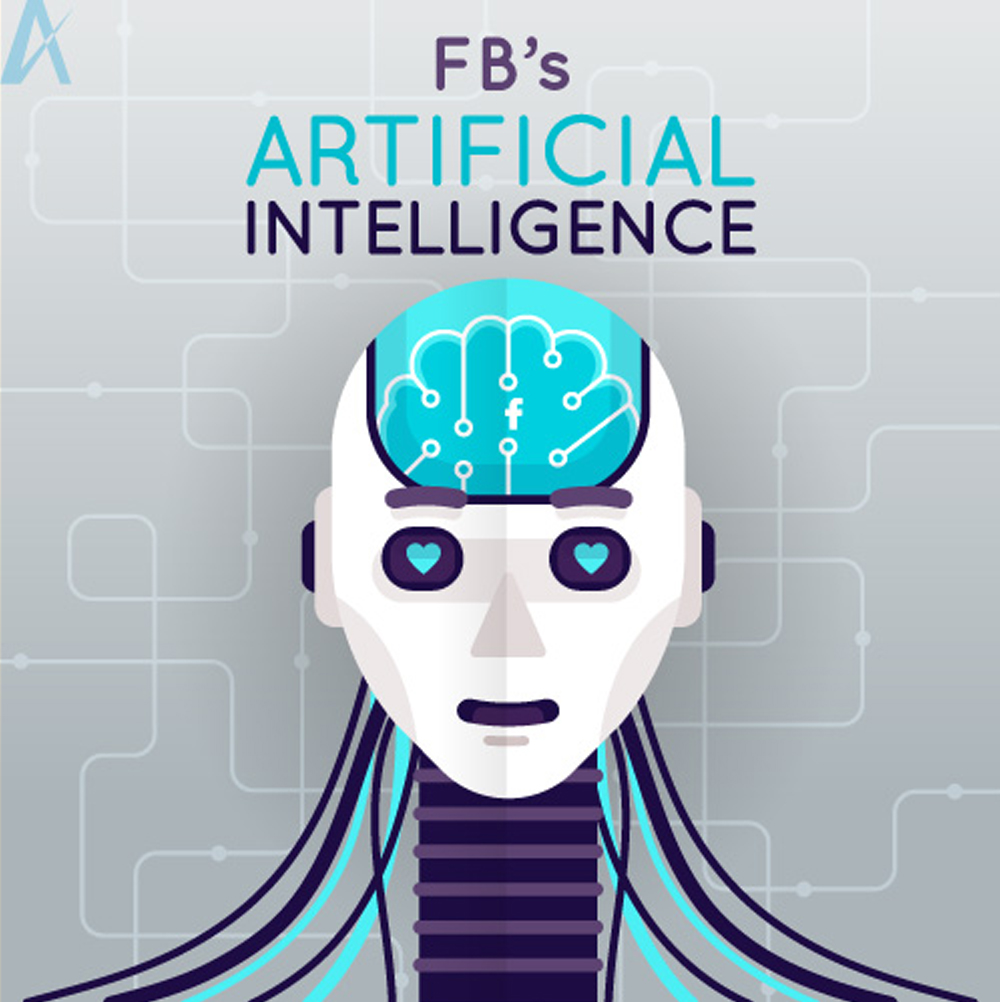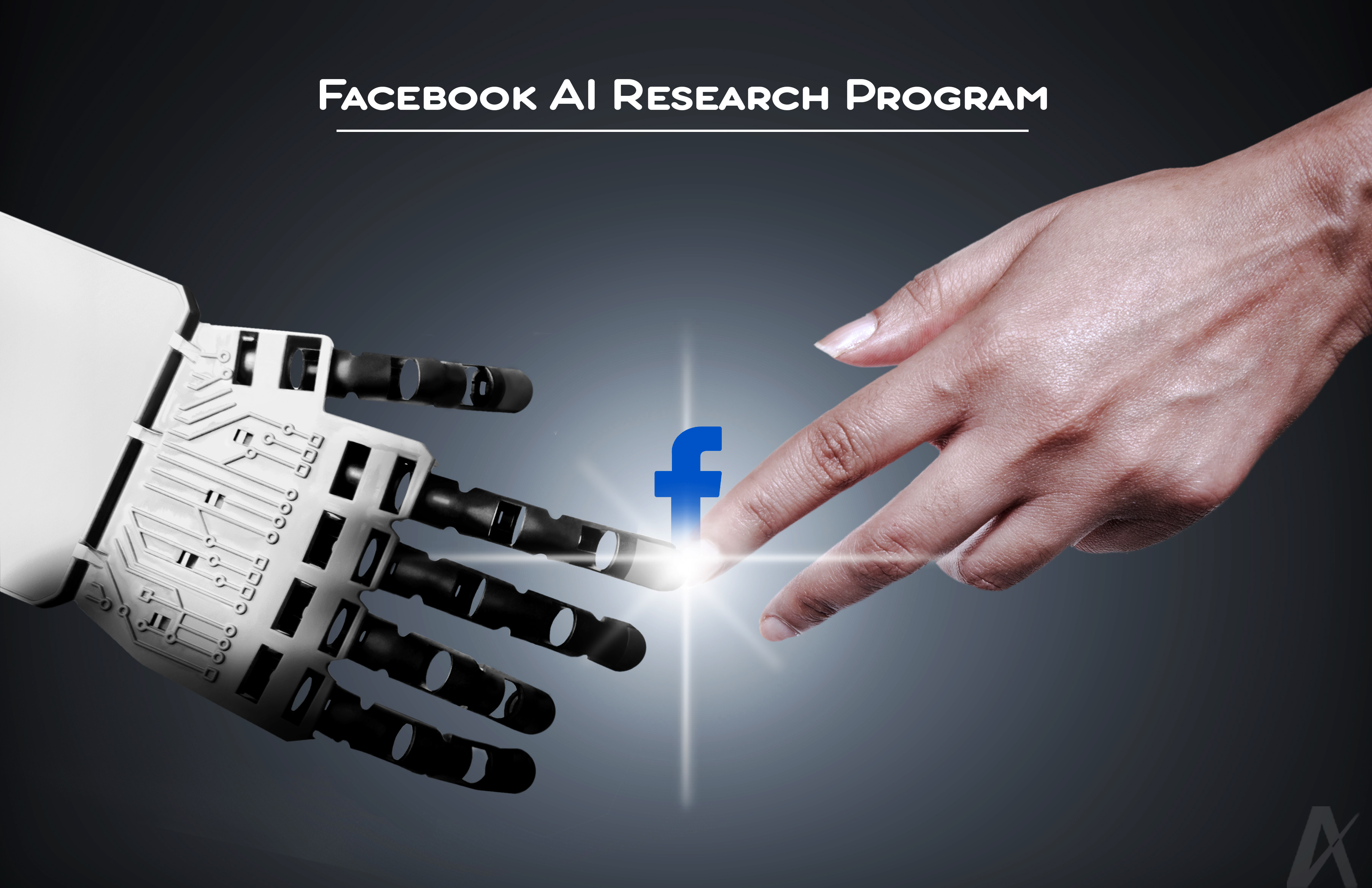Imagine a world where small and medium businesses (SMBs) can automate repetitive tasks, create personalized content, and fuel innovation and creativity with the help of artificial intelligence. Thanks to the rapid advancements in generative AI, this vision is becoming a reality. In 2023, generative AI is expected to be a game-changer for SMBs, offering unparalleled opportunities for growth and success.
The potential impact of generative AI on various industries is immense. With its ability to automate tasks, personalize content, and generate new ideas and concepts, generative AI has the potential to revolutionize how businesses operate and engage with their customers. Some industries that can greatly benefit from generative AI include:
Marketing and Advertising: Generative AI can optimize ad campaigns by analyzing customer data and generating personalized and targeted ads. This can result in higher conversion rates and improved return on investment for marketing efforts.
Content Creation: Generative AI can generate high-quality and engaging content, such as social media posts, blog articles, and marketing materials. This can help businesses consistently produce fresh and relevant content that resonates with their audience. AI applications such as Chat GPT, Notion AI and Jasper can be used content creation.
Product Design and Development: Generative AI can assist in product design and development by generating design concepts, prototypes, and virtual simulations. This can accelerate the product development process, reduce costs, and enable businesses to bring innovative products to market faster. AI applications such as Autodesk Dreamcatcher, Canopy, Solidworks, and DesignFlow, can be used for product designing.
Customer Service: Generative AI-powered chatbots and virtual assistants can handle customer inquiries, provide personalized recommendations, and resolve issues, providing round-the-clock support to customers and enhancing the overall customer experience.
Importance of Technology Adoption for SMBs
Technology adoption is crucial for the growth and success of SMBs in today’s highly competitive business landscape. Embracing cutting-edge technologies, such as generative AI, can provide SMBs with significant advantages, including:
- Improved Efficiency and Automation: Generative AI can improve SMBs’ efficiency and productivity by automating routine tasks and enabling faster decision-making. With generative AI, SMBs can speed up their workflows, reduce the time spent on repetitive tasks, and create more personalized and engaging content. This can help SMBs deliver their products or services faster, respond to customers more quickly, and be more agile in responding to market trends and changes.
- Enhanced Personalization: Generative AI can help SMBs deliver tailored and drawing experiences to their customers. By analyzing customer data, generative AI algorithms can provide customized recommendations, targeted ads, and personalized content. This can result in increased customer satisfaction and loyalty, leading to higher retention rates and repeat business.
- Increased Innovation and Creativity: Generative AI can fuel innovation and creativity by generating new ideas, designs, and concepts. This can help SMBs stay ahead of the competition and continuously evolve their products and services.
- Data-Driven Decision Making: Generative AI can help SMBs make informed and data-driven decisions. By analyzing massive amounts of data, generative AI algorithms can produce insights and trends that can advise strategic decision-making. This can help SMBs identify new opportunities, reduce risks, and optimize their business operations. For example, generative AI can help SMBs predict customer preferences, identify new market trends, and optimize their pricing strategies.
Use Cases of Generative AI for SMBs
Generative AI has the potential to transform various aspects of small and medium-sized businesses (SMBs) operations. Here are some of the most promising use cases for generative AI in SMBs:
Chatbots and Customer Service Automation
Chatbots are one of the most common use cases for generative AI in SMBs. They can provide instant support to customers, answer frequently asked questions, and handle basic inquiries, freeing up employees to focus on more complex customer issues. Additionally, chatbots can be used to gather customer feedback and data, which can be used to improve products and services.
Marketing and Advertising
Marketing and advertising are critical for SMBs to attract and retain customers. Generative AI can help SMBs create personalized campaigns that resonate with their target audience. By analyzing customer data and generating insights, generative AI algorithms can optimize ad campaigns to maximize reach, engagement, and conversions.
In just a few years, we can expect to see a massive shift in the way organizations approach their outbound marketing messages. By 2025, it’s predicted that a staggering 30% of these messages from large organizations will be created entirely by synthetic means, a remarkable increase from the less than 2% that we saw in 2022.
Product Design and Prototyping
Product design and prototyping can be time-consuming and costly for SMBs. Generative AI can help SMBs speed up the design process by generating and testing numerous designs in a short time. This can reduce costs associated with prototyping and help SMBs bring products to market faster.
Supply Chain Optimization
Generative AI can help SMBs optimize their supply chain operations by predicting demand, identifying bottlenecks, and optimizing logistics. By analyzing data on past sales, inventory, and market trends, generative AI algorithms can provide insights that can inform production planning and reduce costs associated with inventory management and transportation.
Challenges in adopting generative AI for SMBs
While generative AI has tremendous potential to transform SMB operations, there are several challenges that SMBs may face when adopting this technology. Following are some of the most significant challenges:
- Lack of Technical Expertise and Resources
SMBs often lack the technical expertise and resources necessary to implement and manage generative AI systems. They may not have data scientists, machine learning engineers, or software developers on staff, and hiring such professionals can be costly. Additionally, SMBs may not have the IT infrastructure or hardware necessary to support generative AI applications, making it difficult to implement and maintain these systems.
- Data Privacy and Security Concerns
Generative AI requires a large amount of data to train the algorithms and produce accurate results. However, collecting and storing this data can pose privacy and security risks, especially for SMBs that may not have robust cybersecurity measures in place. SMBs must ensure that they collect and handle customer data responsibly and comply with relevant data privacy regulations.
- Cost and Budget Constraints
Implementing generative AI can be expensive, and SMBs may face budget constraints that limit their ability to invest in this technology. Additionally, generative AI requires ongoing maintenance, upgrades, and training, which can be costly and time-consuming.
- Building Technical Expertise
SMBs can build their technical expertise by partnering with external consultants or outsourcing certain tasks to companies that specialize in generative AI. Additionally, SMBs can invest in training programs for their employees to learn the skills necessary to manage generative AI systems.
- Ensuring Data Privacy and Security
SMBs must prioritize data privacy and security when implementing generative AI systems. They should take steps to protect customer data, such as implementing strong cybersecurity measures and complying with relevant regulations.
- Exploring Cost-Effective Solutions
SMBs can explore cost-effective solutions for implementing generative AI, such as cloud-based services that offer pay-as-you-go pricing models. Additionally, SMBs can prioritize their investment in generative AI use cases that offer the greatest ROI.
Solutions for SMBs to Adopt Generative AI
SMBs face several challenges when adopting generative AI. Fortunately, there are several solutions available that can help SMBs overcome these challenges and implement generative AI successfully. Here are some potential solutions:
Cloud-based AI Platforms: Cloud-based AI platforms offer an affordable and scalable solution for SMBs that want to implement generative AI. These platforms provide pre-built models and tools that SMBs can use to build and deploy their generative AI applications quickly. Moreover, they offer flexible pricing models, allowing SMBs to pay only for the resources they use.
AI-as-a-Service Providers: AI-as-a-service providers offer a cost-effective solution for SMBs that lack the technical expertise and resources to implement generative AI. These providers offer pre-built AI models and tools that SMBs can use to automate routine tasks, enhance decision-making, and improve customer experiences.
Collaborating with AI Startups and Consultants: Collaborating with AI startups and consultants can provide SMBs with access to specialized expertise and resources. These partnerships can help SMBs build and deploy generative AI systems quickly and cost-effectively. Additionally, these partnerships can provide SMBs with insights into emerging AI trends and use cases.
Up-skilling and Reskilling Employees: Up-skilling and reskilling employees can help SMBs build their technical expertise and overcome the skills gap that may prevent them from adopting generative AI. SMBs can provide their employees with training programs, certifications, and other educational resources to help them learn the skills necessary to manage and maintain generative AI systems.
Case Studies of SMBs Using Generative AI
Many SMBs have already adopted generative AI and achieved significant benefits. Here are some examples of successful implementation of generative AI in SMBs:
Apteo: Apteo, an investment analytics platform based in the US, used generative AI to analyze market data and provide investment recommendations to its users. Apteo‘s AI system was able to identify patterns and trends in market data that were invisible to human analysts, resulting in more accurate and profitable investment recommendations. As a result, Apteo’s users reported higher returns and better risk management.
Brighter AI: Brighter AI is a German startup that offers an AI platform for video anonymization. The platform uses generative AI to automatically blur faces and other identifying features in video footage, protecting the privacy of individuals while preserving the usefulness of the video for analysis. Brighter AI’s platform has been adopted by several law enforcement agencies, transport companies, and smart city initiatives.
Twilio: Twilio is a cloud communications platform that offers a programmable messaging service called Autopilot. Autopilot uses generative AI to power chatbots and voice assistants that can handle routine customer inquiries and support requests. Twilio’s customers have reported up to a 50% reduction in customer support costs and a significant improvement in response times.
Autodesk: Autodesk is a software company that offers design and engineering software for the architecture, engineering, and construction industries. Autodesk has integrated generative AI into its software to help architects and engineers optimize their designs and reduce material waste. The AI algorithm generates thousands of design options based on the user’s inputs and constraints, allowing them to select the best option that meets their needs.
Future Outlook of Generative AI for SMBs in 2023 and Ahead
Generative AI is poised to revolutionize the way small and medium businesses (SMBs) operate, and its growth and development are expected to accelerate in the coming years. Here are some predictions on the future of generative AI for SMBs:
Growth and Development: As generative AI continues to become more accessible and affordable, SMBs are expected to increasingly adopt it to gain a competitive advantage. According to a report, the generative AI market is poised for remarkable growth, with its value projected to surge from USD 11.3 billion in 2023 to USD 51.8 billion in 2028. This represents a remarkable compound annual growth rate (CAGR) of 35.6% throughout the forecast period. As more businesses embrace the potential of generative AI, we can expect to see an explosion of innovative applications and use cases that transform the way we live and work.
Potential Challenges: Despite the numerous benefits of generative AI, SMBs may face some challenges in adopting the technology. One major challenge is the lack of technical expertise and resources needed to implement and maintain generative AI solutions. Another challenge is the need to address data privacy and security concerns, as generative AI relies heavily on data.
Opportunities: SMBs that successfully adopt generative AI will have numerous opportunities to enhance their operations and growth. For example, generative AI can enable SMBs to automate routine tasks, reduce costs, and improve efficiency and productivity. Additionally, generative AI can enable SMBs to offer personalized customer experiences and make data-driven decisions.
Collaboration: SMBs can also leverage the growing number of AI startups and consultants that specialize in generative AI to develop and implement solutions. Additionally, cloud-based AI platforms and AI-as-a-service providers can provide SMBs with access to affordable and scalable generative AI solutions.
Conclusion
Generative AI is a powerful tool that has the potential to revolutionize the way small and medium businesses operate. From automating routine tasks to improving decision-making and personalizing customer experiences, the benefits of generative AI are clear. As we move forward into 2023 and beyond, it’s clear that generative AI will continue to play a major role in shaping the future of SMBs. By embracing this technology and utilizing its power to streamline operations and create more personalized experiences for customers, businesses will be well-positioned to succeed in a rapidly evolving market.
Ampcus’s AI Revolutionizing Business Process

11 Ways AI will Benefit Businesses in 2020
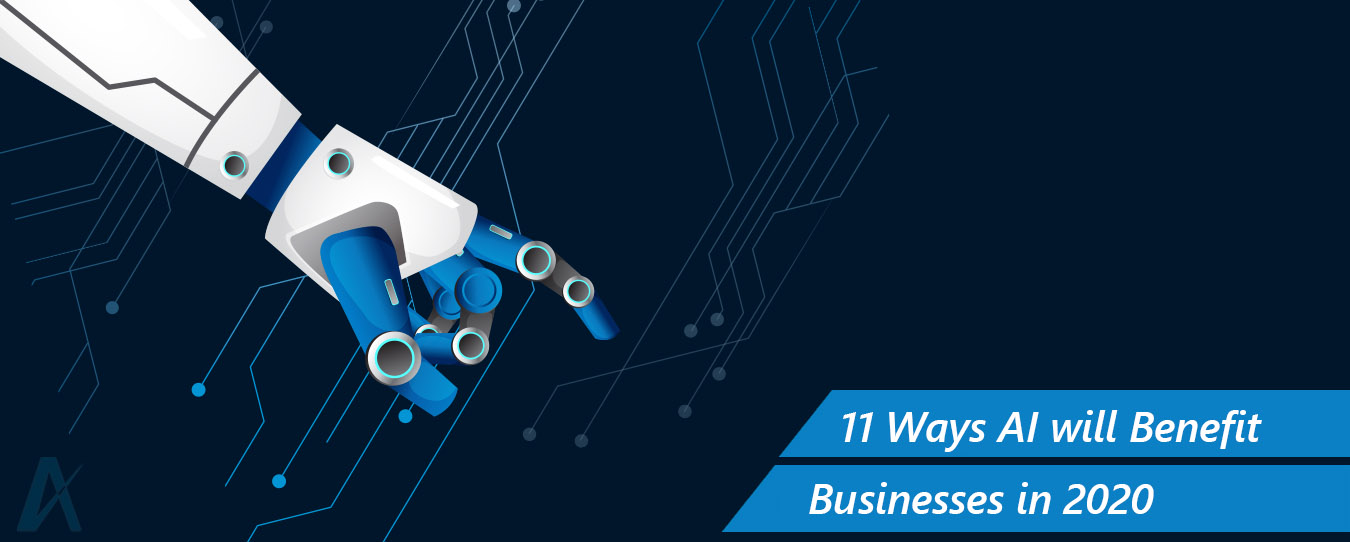
Real Reason Why Facebook Shut Down its AI: Not Because Bots Went Astray

10 Predictions on Artificial Intelligence in Next 20 Years?
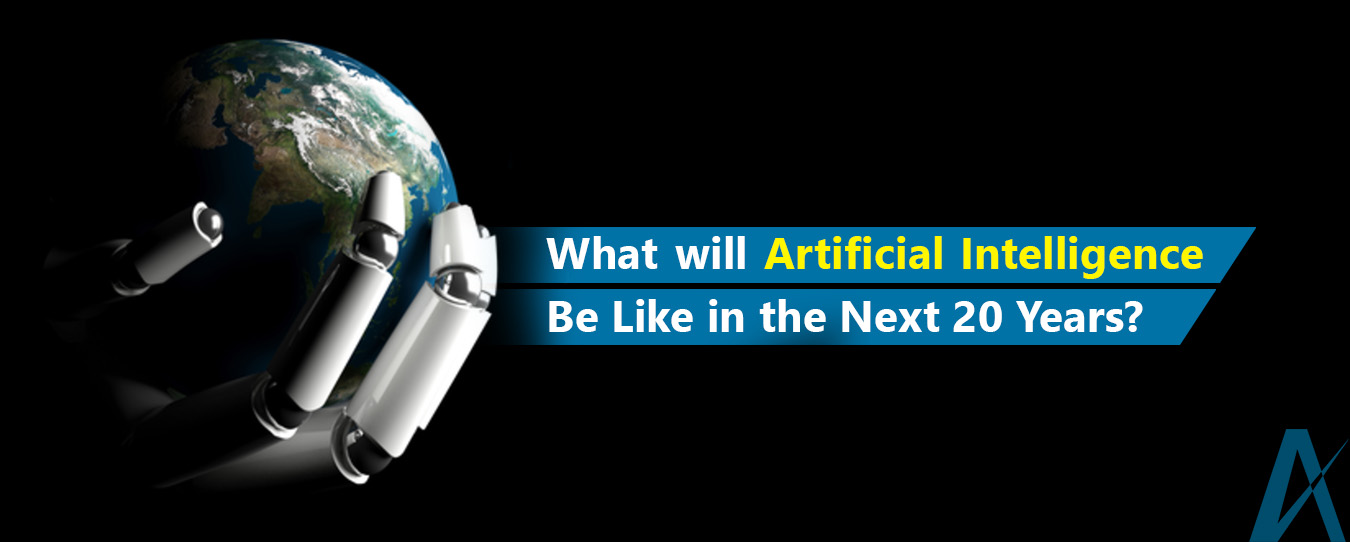
While China & the US are battling to become the world’s first artificial intelligence superpower; back home we are figuring out 10 predictions on artificial intelligence in next 20 years. When USSR launched the first ever artificial satellite, Sputnik 1; it impelled the United States into a frenzy of competition. And this tug of war finally led the humans to land on the moon.
Now six decades later, the world is most likely going to experience another “Sputnik” moment. However, this time it’s not the US but China is the one, who is getting the wake-up call. The goal, this time is not space but the much-hyped Artificial Intelligence.
China took the first ever initiative by creating AlphaGo, a computer program that plays the board game Go. This AI system was invented by a Chinese company, DeepMind based in London. The founder, Dr. Demis Hassabis is a former child chess prodigy and is half Greek and half Chinese and holds British nationality. In 2016, South Korean master Lee Se-dol lost to AlphaGo at the ancient Chinese board game Go. And in 2017, this world’s first ever AI also defeated the Chinese world champion, Ke Jie.
AlphaGo has influenced the Chinese Govt. so much so that it is now investing in this technology in full bloom. Looks like China’s intentions in this field are crystal clear – to become the world’s leader in artificial intelligence by 2030.
Anthony Mullen, Research Director at Gartner had this to say,
“Right now, AI is a two-horse race between China and the US.” And, says Mullen, China has all the ingredients it needs to move into first. These include government funding, a massive population, a lively research community, and a society that seems primed for technological change.”
Having said that now the trillion-dollar question is – Who’s going to make the killing?
Who is going to win the AI race – US or China?
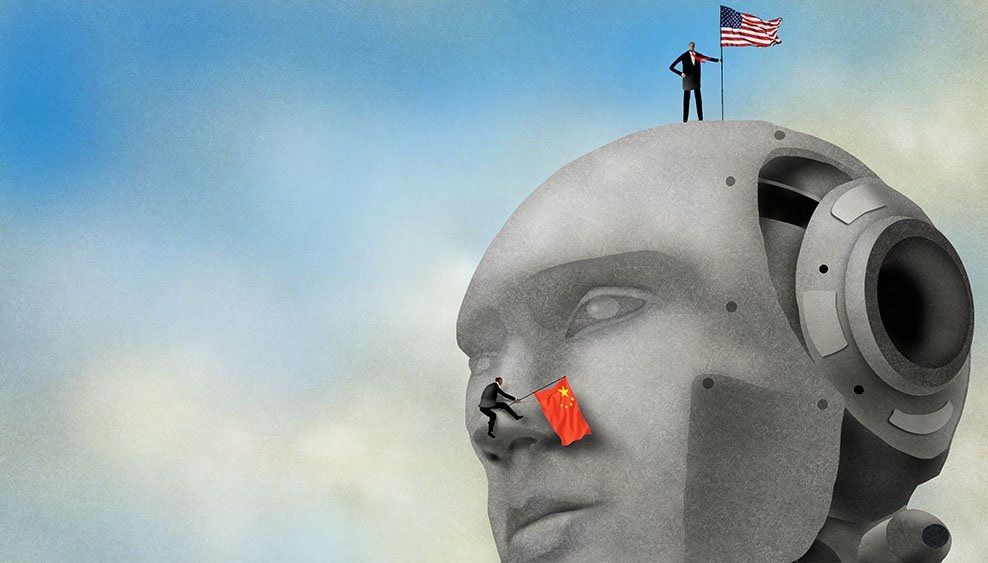
Image source: investors.com
If China’s 1.4 billion population is a data mine for building their AI sector, the US had also funded irresistibly $76 billion out of the total $176 billion investment in AI worldwide.
While most of the countries including Russia are geared up to predominate AI, China and the US are already cutting each other’s throat by becoming the world’s biggest rivals in artificial intelligence, whether it’s Luke vs Darth Vader, Alien vs Predator, Rocky vs Ivan Drago.
Now this AI war has raised some serious speculations of which we’ve listed out 10 predictions on artificial intelligence in next 20 years and it’s going to affect industries and humans on the whole.
Let’s now focus on the near future, say what will be AI in the next 5 years?
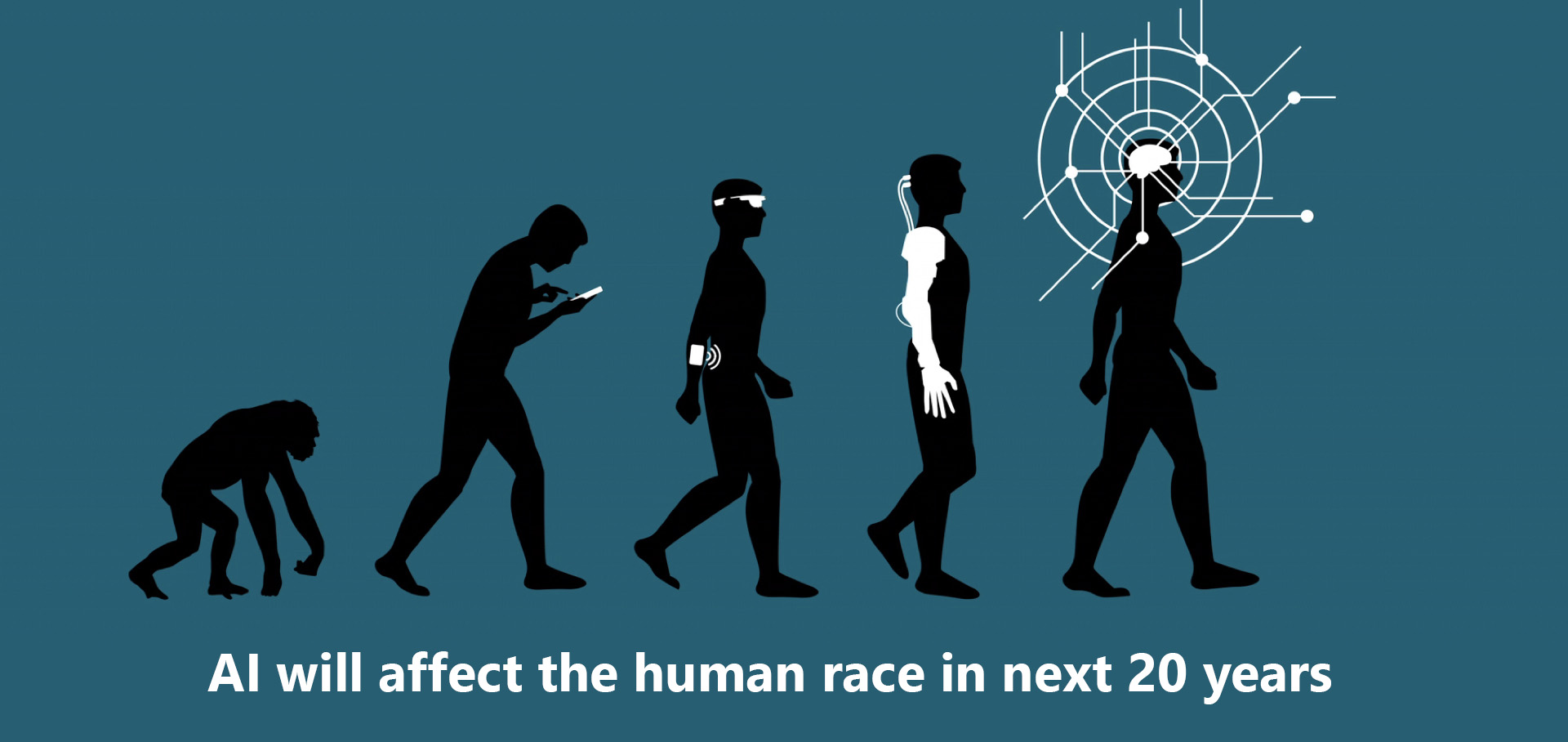
Image source: youtube.com
Forecast #1 – Enhanced speech, voice & image recognition will be certainly attained just as in the 2002 movie, Minority Report. Such advanced features will certainly alter the way we’re now interacting with our devices.
Forecast #2 – PAs will be replaced by conversationally-driven AI assistants. Advanced context-oriented visual interfaces will take over, thereby amplifying in-depth interactions.
Forecast #3 – More & more devices will run individually. Imagine a live virtual voice on the other side when you call a support line. And imagine airplanes being flown by machines and not by pilots.
Forecast #4 – AI will be commonplace in the industry. Right from the top players to the startups, enterprises will be using more of AI than any other platform in the near future. Here are the statistics for number of startup companies working in the artificial intelligence (AI) sector worldwide –
AI will continue to be rigorously adopted by companies worldwide with each passing year, thereby enabling them to extract information from all the possible data source that is being generated.
Forecast #5 – AI is going to revolutionize the medical world. There will be several breakthroughs in the drug discovery in the coming 5 years, thus simplifying human lives. Artificial intelligence will lead to cutting-edge methods right from disease prediction, diagnosis, and treatment to making cleaner and more efficient chemical engineering systems.
Now let’s have a look at the bigger picture…
Artificial Intelligence in next 20 years
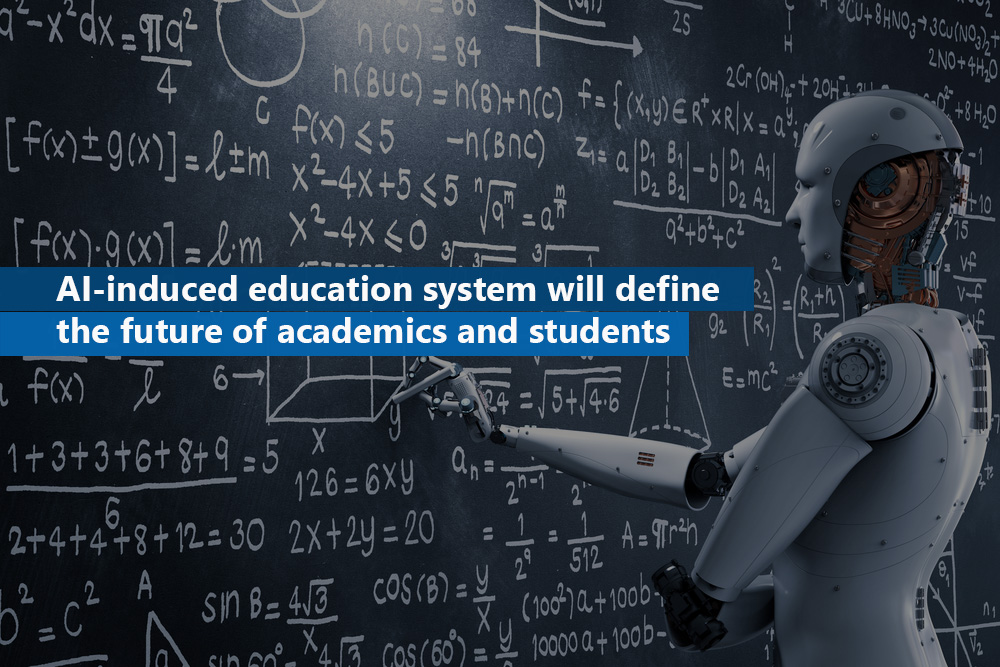
Image source: techfinancials.co.zas
Forecast 6 – AI-induced education system will define the future of academics and students. AI will grow beyond what we know today just as Dr. Will Caster, the role played by Johnny Depp in the 2014 movie, Transcendence. AI will play the role of a curator, it will analyze the content, generate and also amplify the content in the first place.
Forecast #7 – Improved personal hypothesis systems will create an entirely new artificial life form. AI will revolutionize the design, curation, and improvement of the already existing AI-induced algorithms. AI will alter the following fields –
Forecast #8 – Intelligent Internet of Things will be more prominent. Internet will inject into all the possible aspects of human life and all sorts of industries including cloud computing and Big Data/Analytics. The intelligent IoT will alter the entire Internet practice as a whole. A new artificial intelligence ecosystem will definitely proliferate in the next 20 years targeting everything from healthcare, transportation, and telecom to public safety and banking.
Forecast #9 – Quantum computing extensions will be commonplace in future. Breakthroughs in AI distribution across multiple machines will recast the data transaction procedure. In the next 20 years, algorithms will run in parallel efficiently over thousands of Graphical Processing Units (GPUs) on each computer.
Forecast #10 – Artificial intelligence will be vulnerable. AI will also be used for purposes, say by the military of various nations against each other. It’s now a major concern whether AI will save or end the humanity that time will only tell…

Image source: futuristgerd.com
And while the tug war continues among US, China & Russia, it’s pretty obvious that the artificial intelligence will change the world at breakneck speed. And as we write, already history is in the making in various sectors across industries through AI and IoT.
Happy reading!


